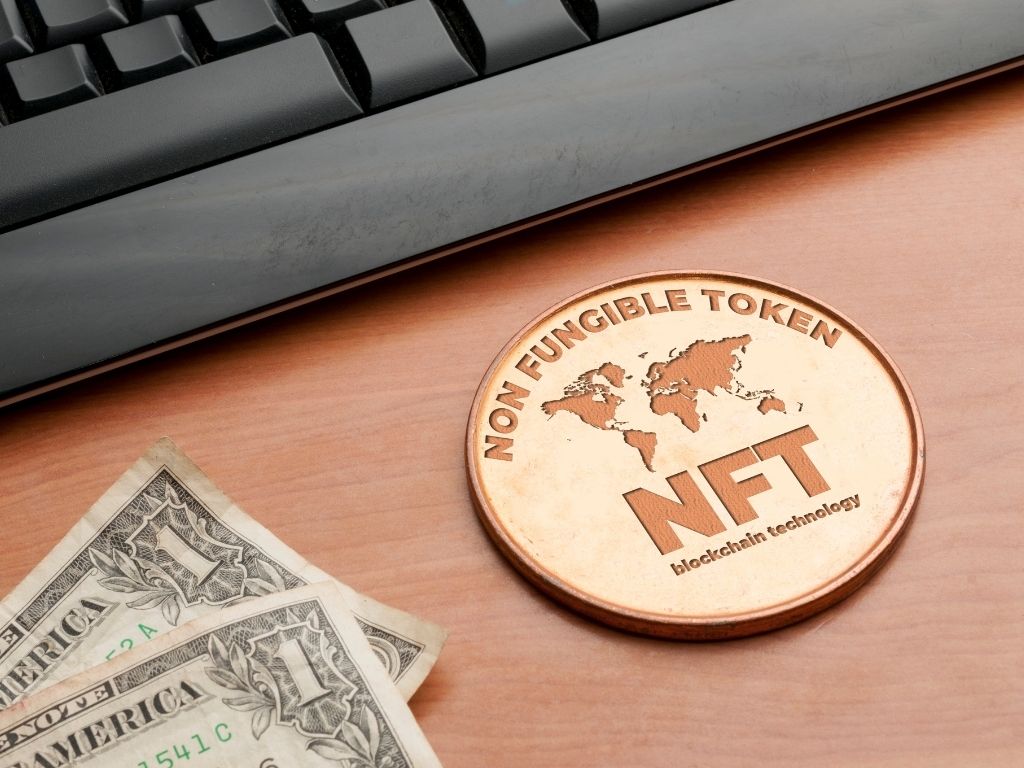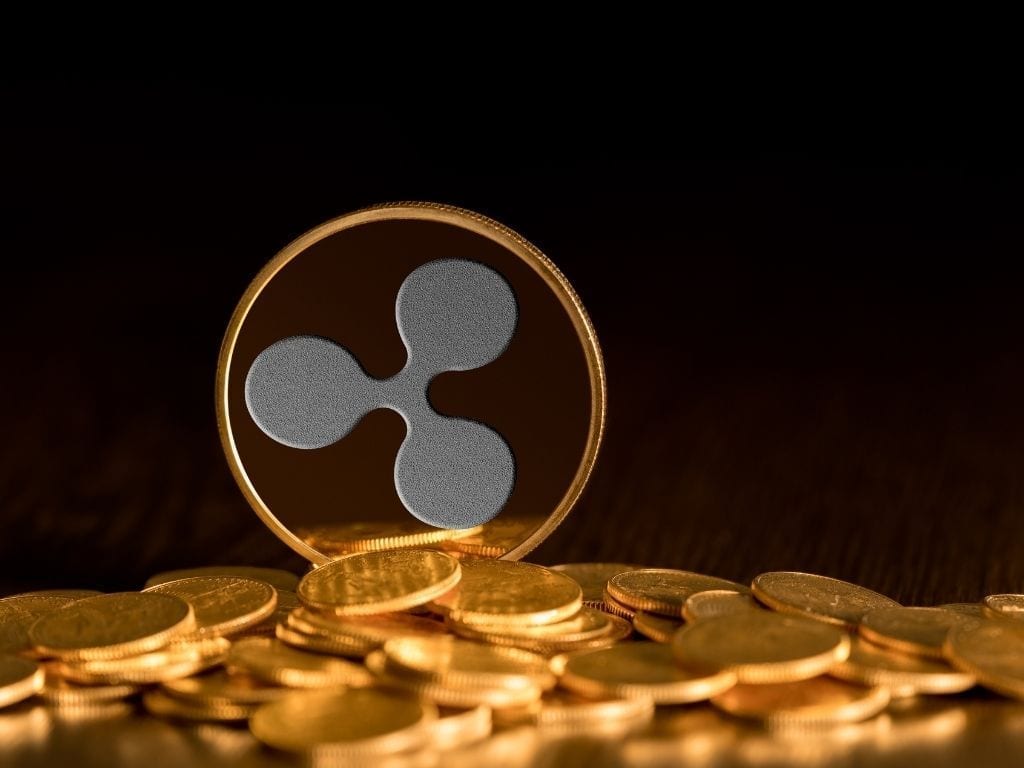In the food industry, NFTs are becoming more mainstream!
Bits of digital files that live on the internet are referred to as NFTs. This is made feasible by blockchain’s underlying technology. As a result, when NFTs become commonplace in the food market, we need to think differently. Food is not just a traditional business, but it has also shown to be a staple in the sector. This is due to the internet’s influence on the evolution of company models. NFTs have the potential to transform the way the food business interacts with all of its stakeholders.
Because of a number of factors, NFTs are becoming more popular in the food business. NFTs, like all market sectors, are growing into their own ecosystem. Making a list of all the stakeholders in the food ecosystem is an excellent approach to mapping it out. We’ll begin with the most obvious. Chefs, restaurant businesses, hospitality brands, and food and beverage brands are examples of people working in the food and beverage industry. We’ve seen meal delivery companies and food-tech startups backed by venture capital. These organizations help to standardize the food value chain.
Where Did NFTs Come From? The History of NFTs
Today’s topic aims to take a thorough look at how NFTs are becoming more common in the food business. Let’s get started.
What exactly are NFTs?
NFTs, or non-fungible tokens, are one-of-a-kind digital files on the blockchain. A single entity does not control the blockchain-infused database. In some ways, it’s a new take on the internet. The internet’s primary business model revolved around advertising for a long time. NFTs and blockchain technology, on the other hand, have the potential to completely transform this economic paradigm. They accomplish this by forming a socioeconomic network that connects artists and customers. This concept flips the world’s economic model on its head.
In the food industry, NFTs are becoming more mainstream.
So, how do we comprehend the importance of NFTs in the food industry? Let us begin by attempting to comprehend the food industry’s business strategy.
The Food Industry’s Foundation
We begin with the raw materials needed to prepare food. Farmers grow these basic materials, which are then combined in wholesale markets. They travel from here to towns, cities, and other consuming centers. This sector of the food market has a number of inefficiencies. But first, let’s look at the remainder of the value chain.
Fruits, vegetables, spices, and herbs arrive at their destination after being assembled in markets. Consider the following scenarios: residences, restaurants, hotels, offices, and canteens. Also, companies that are familiar with supply and demand issues in their respective fields. We can also consider conferences, meetups, weddings, and birthday parties. With everything out of the way, let’s move on to the service providers.
Service Providers control the Food Industry.
In a nutshell, consider persons who employ food preparation procedures and skills. Similarly, there is a considerable sector of packaged goods in the food market. Consider the items on the shop shelf and how they may be used to prepare meals. Similarly, a variety of food basics and recipes have gone popular on the internet. Food is a powerful unifier of cultures and cuisines around the world. As a result, food is a significant aspect of the global economy.
In the food industry, NFTs are used as an example.
We’ll begin with Flyfishing Club. It is the world’s first exclusive dining club where members must purchase memberships using NFTs on the blockchain. Regular membership is a commodity that can be traded on the secondary market. People receive something substantial in addition to the NFT art when it comes to Food NFTs. Members of the Flyfish Club NFTs, for example, have access to the restaurant Flyfish Club in New York City. Real-life events and experiences are also available.
— Flyfish Club (@Flyfishclub) May 29, 2022
BurgerDAO is another NFT initiative that is making waves. It’s experimenting with NFTs based on hamburgers. They allow NFT holders to make decisions that affect the entire community. BurgerDAO, for example, is a cloud internet company with no physical address. It prepares food for digital-only delivery companies. NFT members work on franchise naming recommendations, codes, and event access.
The Bored Breakfast Club is up next. It’s an NFT project that also functions as a coffee subscription service. Digital artwork depicting breakfast settings and coffee culture relics is available. Holders of NFTs are entitled to certain perks. For example, partnering with coffee roasters and shipping coffee weekly. A community coffee wallet is also available. It collects royalties from secondary market sales and earnings from fresh coffee sales. The DAO operates as a coffee shop. Funds have been allocated for packaging, roasting, and free shipping.
Also, read – What exactly is NFT Music? How to Purchase and Sell Them
Conclusion
Food NFTs have a distinct flavor to them. DAOs are the result of a number of food-related applications. This is an appealing potential for fantastic dining experiences, cafes, and restaurants. In this perspective, food has always had a strong feeling of community. Food NFTs will be the next major revolution in the food industry’s economics.
Stay informed with daily updates from Blockchain Magazine on Google News. Click here to follow us and mark as favorite: [Blockchain Magazine on Google News].
Get Blockchain Insights In Inbox
Stay ahead of the curve with expert analysis and market updates.
latest from tech
Disclaimer: Any post shared by a third-party agency are sponsored and Blockchain Magazine has no views on any such posts. The views and opinions expressed in this post are those of the clients and do not necessarily reflect the official policy or position of Blockchain Magazine. The information provided in this post is for informational purposes only and should not be considered as financial, investment, or professional advice. Blockchain Magazine does not endorse or promote any specific products, services, or companies mentioned in this posts. Readers are encouraged to conduct their own research and consult with a qualified professional before making any financial decisions.

 Bitcoin
Bitcoin  Ethereum
Ethereum  Tether
Tether  XRP
XRP  Solana
Solana  Dogecoin
Dogecoin  USDC
USDC  Lido Staked Ether
Lido Staked Ether  Cardano
Cardano  TRON
TRON  Avalanche
Avalanche  Chainlink
Chainlink  Wrapped stETH
Wrapped stETH  Sui
Sui  Toncoin
Toncoin  Shiba Inu
Shiba Inu  Wrapped Bitcoin
Wrapped Bitcoin  Hyperliquid
Hyperliquid  Stellar
Stellar  Polkadot
Polkadot  Hedera
Hedera  WETH
WETH  Bitcoin Cash
Bitcoin Cash  LEO Token
LEO Token  Uniswap
Uniswap  Litecoin
Litecoin  Pepe
Pepe  Wrapped eETH
Wrapped eETH  NEAR Protocol
NEAR Protocol  Ethena USDe
Ethena USDe  Aptos
Aptos  USDS
USDS  Internet Computer
Internet Computer  Aave
Aave  Cronos
Cronos  POL (ex-MATIC)
POL (ex-MATIC)  Mantle
Mantle  Ethereum Classic
Ethereum Classic  Render
Render  MANTRA
MANTRA  Monero
Monero  WhiteBIT Coin
WhiteBIT Coin  Bittensor
Bittensor  Artificial Superintelligence Alliance
Artificial Superintelligence Alliance  Dai
Dai  Arbitrum
Arbitrum  Ethena
Ethena 



